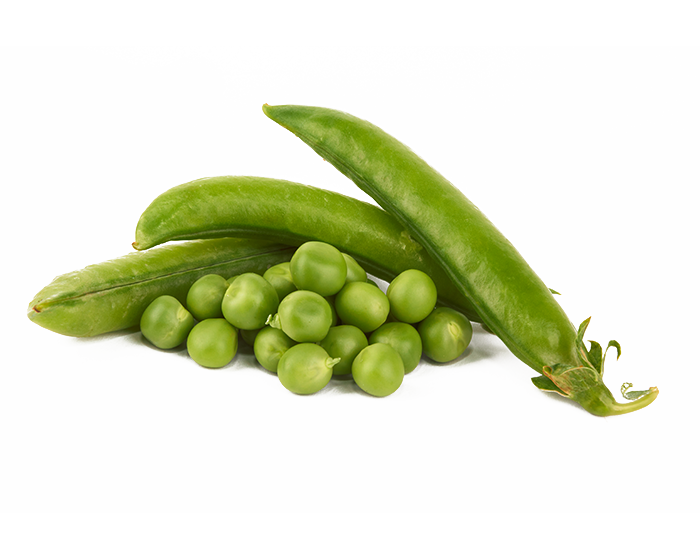
Bio Future - The future of vegetables.
We stand for fresh and sustainable agriculture.
More and more consumers are eating consciously. Organic vegetables have risen from a niche product to a top seller in a rapidly growing organic market. That is why we founded the Schlosser organic estate in 2005. We are proud of our certificates, which you can view and download here.
Verlässlicher Partner - Naturland Auf neuen Wegen ist es beruhigend, jemanden bei sich zu haben, der sich auskennt. Deshalb haben wir einen Beratervertrag mit den Spezialisten von Naturland geschlossen. Sie stehen uns beim Aufbau unseres Bioguts mit Rat und Tat zur Seite. Bei allen Fragen des Pflanzenbaus, der Vermarktung und der Betriebswirtschaft helfen sie uns, einzelbetriebliche Leisungen für unsere spezifischen Anforderungen zu finden.
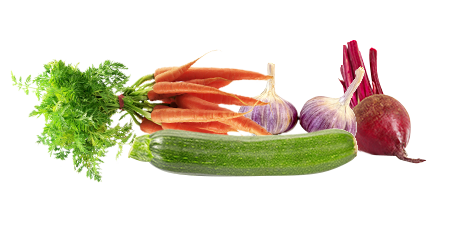
We have a wide selection
of seasonal organic vegetables.
- Fresh and sustainable -

Beetroot, parsnips, carrots, garlic, potatoes, onions, root parsley, zuccini, Jerusalem artichokes, leeks, celery as well as for the industry: spinach and peas are partour variety of organic vegetables.
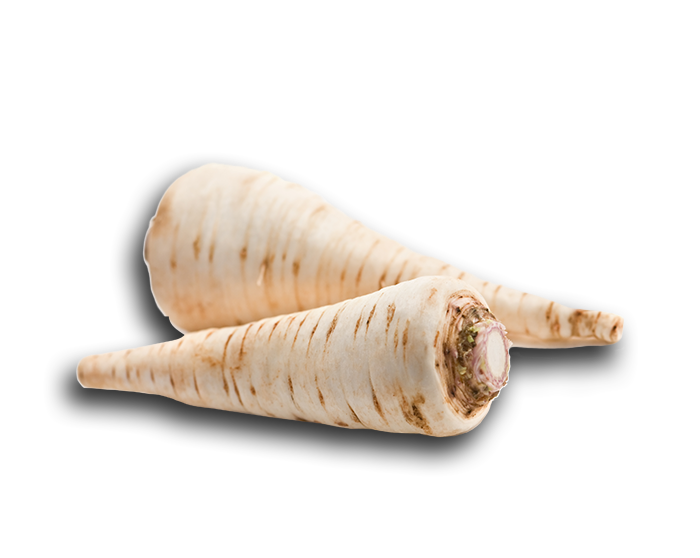
Organic parsnips
The parsnip is a good winter vegetable that can be stored very good. These root vegetables are white, yellowish and have a sweet, spicy taste. The taste of the parsnip comes close to that of celery and parsley root.
organic beetroot
This vegetable is one of the tuber or root vegetables. Beetroot are round to pear-like in shape and have a relatively thin skin. It is a winter vegetable that tastes slightly earthy to sweet.
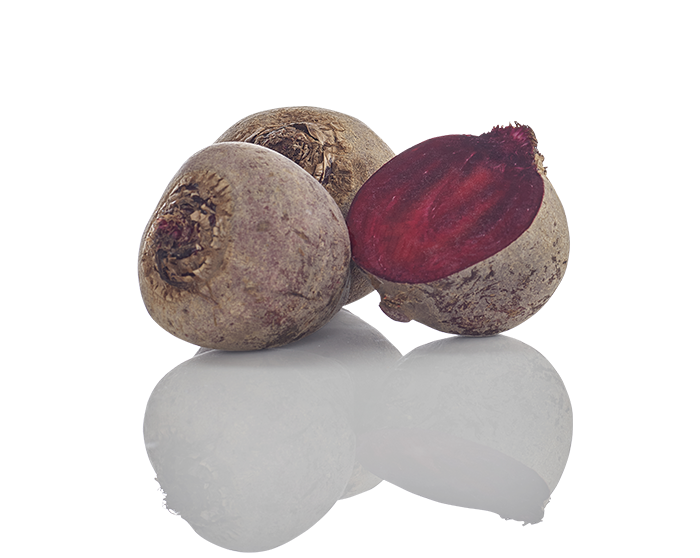
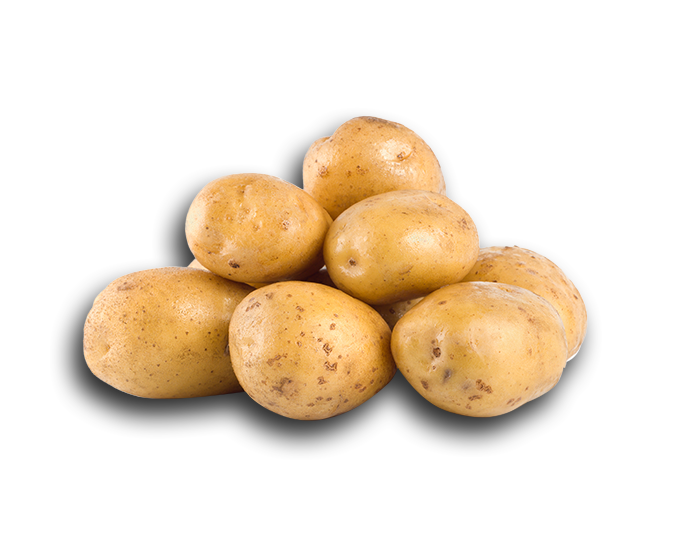
organic potatoes
Potatoes are perennial herbaceous plants that grow upright or climb and can reach heights of over 1 meter. The stem axis is sometimes square, sometimes even winged. Taste: mild to pleasantly strong.
organic garlic
What many do not know is that garlic belongs to the lily family. The bulb of the garlic plant is surrounded by a whitish to purple skin. Inside it is divided into about 10 to 20 other small onions, also called toes or claws. Garlic has an intensely spicy taste.
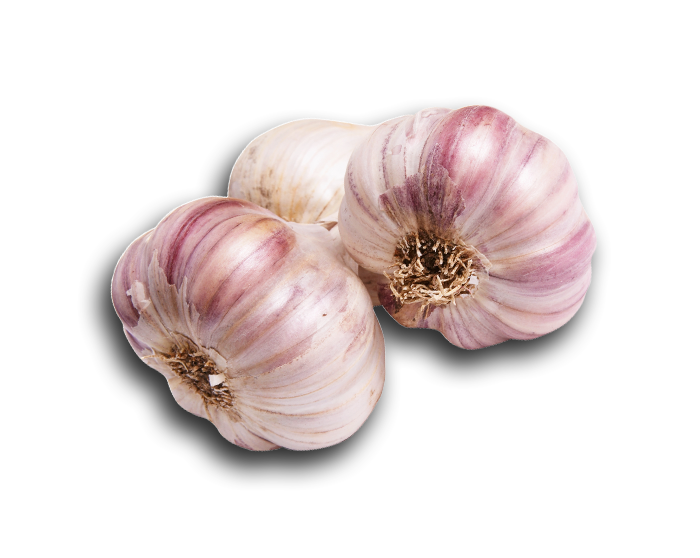
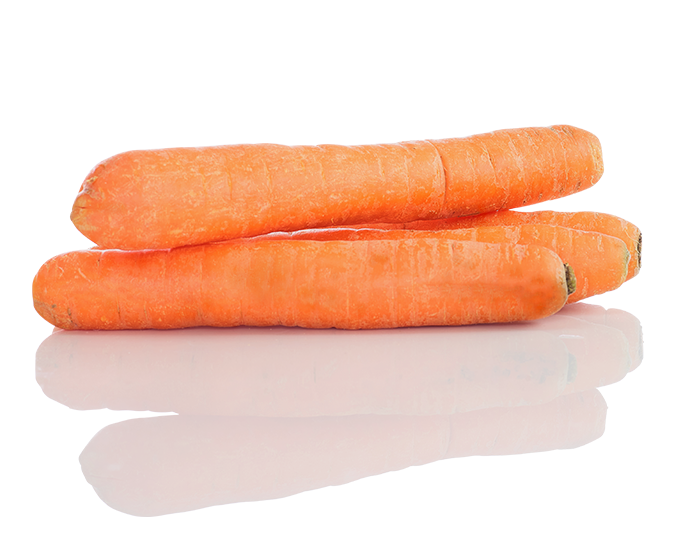
organic carrots
The designation carrot or carrot for the plant as well as the beet differs from region to region: in northern and eastern Germany carrots predominate, whereas in southern Germany young beets are called carrots.
organic onions
The term onion describes both the plant species and its shortened shoot, the typical underground storage organ that is also formed by other plant species. In everyday language, the exact meaning is often ignored. In botany it must always be clear whether we are talking about the species Allium cepa or a plant organ. The nice thing about the onion is that it can be used so wonderfully for almost all dishes.
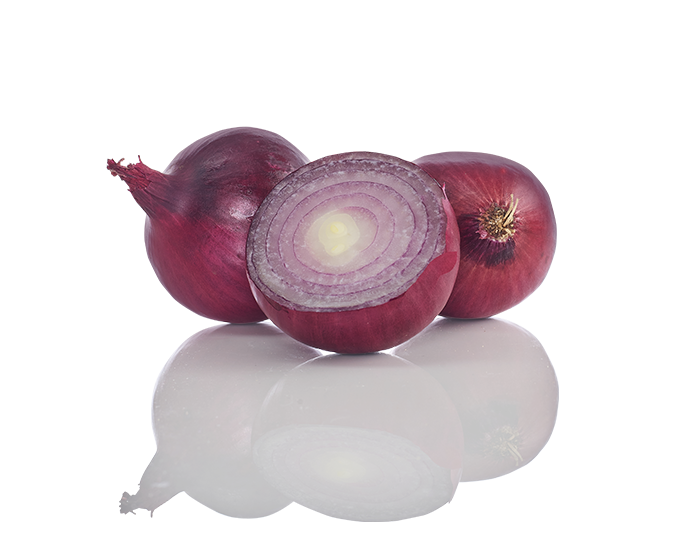
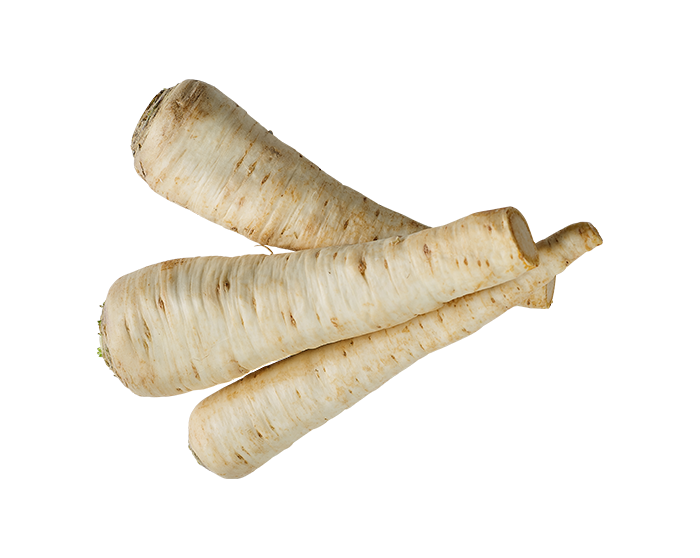
organic root parsley
What looks very similar from the outside differs significantly in terms of taste. While parsnips (see above) taste more sweet and come very close to sweet potatoes, root parsley tastes - who could believe it - like parsley. However, they can be combined very well with each other, especially in stews or soups.
organic Jerusalem artichoke
The last feeling that belongs to that of potatoes or sweet potatoes is branched like ginger at the same time. The taste of Jerusalem artichoke is mild, sweet and true water chestnuts, parsnips or artichokes.
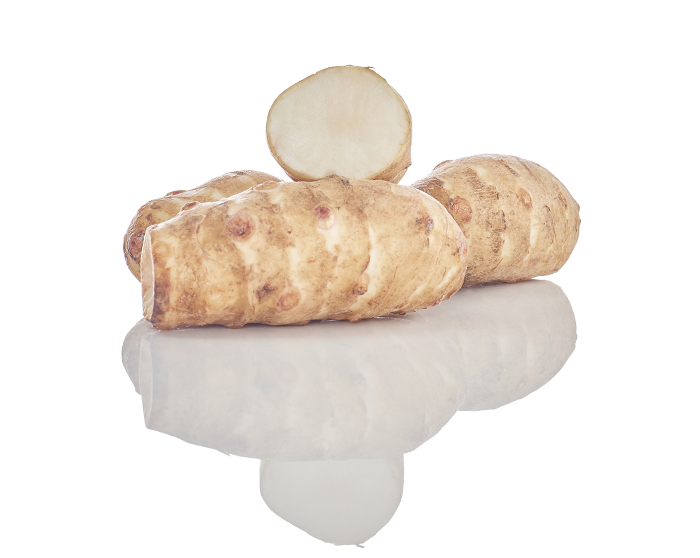
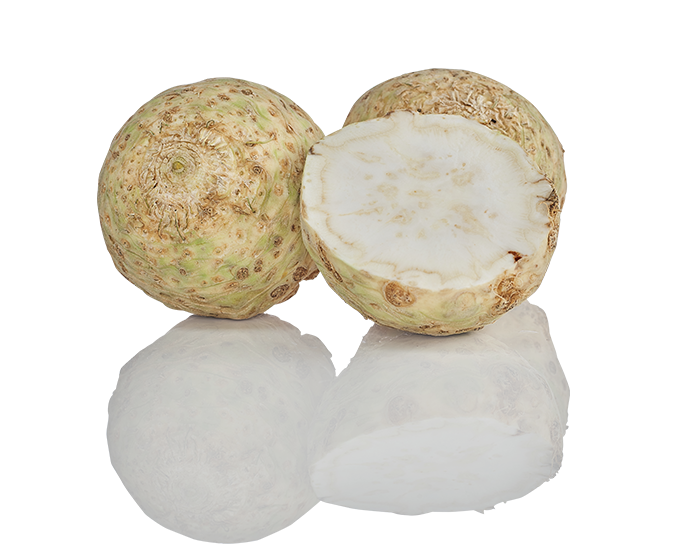
organic celery
It is good for the stomach, has an antibacterial effect and is able to drain water gently, stimulates digestion, helps with straightening out, strengthens nerves and the brain - all this is attributed to Serlie. The taste can be described as hearty and intense.
organic leek
Leek is used both as a vegetable (mostly winter leek) and as a kitchen spice (mostly summer leek); it can be eaten cold or warm as a vegetable or salad. Together with carrots and celery, leek is used as a spice in soups, known as soup greens.
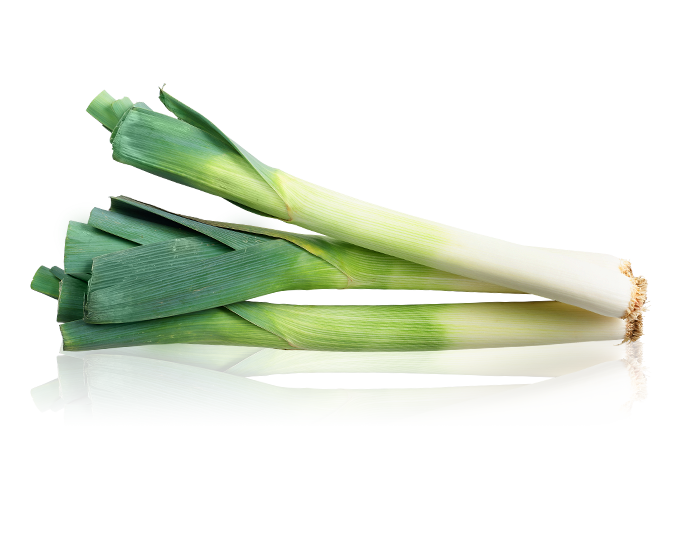
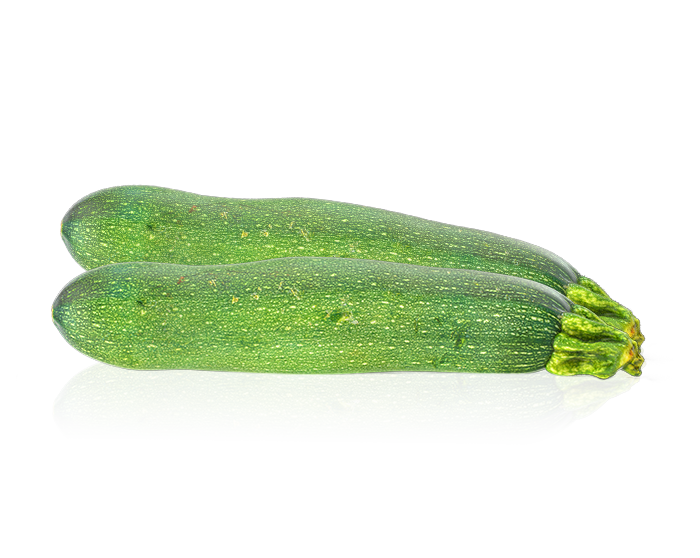
organic zucchini
Zucchini are a subspecies of the garden pumpkin and belong to the pumpkin family. They taste slightly nutty raw and are great in refreshing salads. Cooked or boiled, zucchini taste very neutral and can therefore be combined so well with all kinds of things.
Industrial organic vegetables
Organic spinach and organic peas
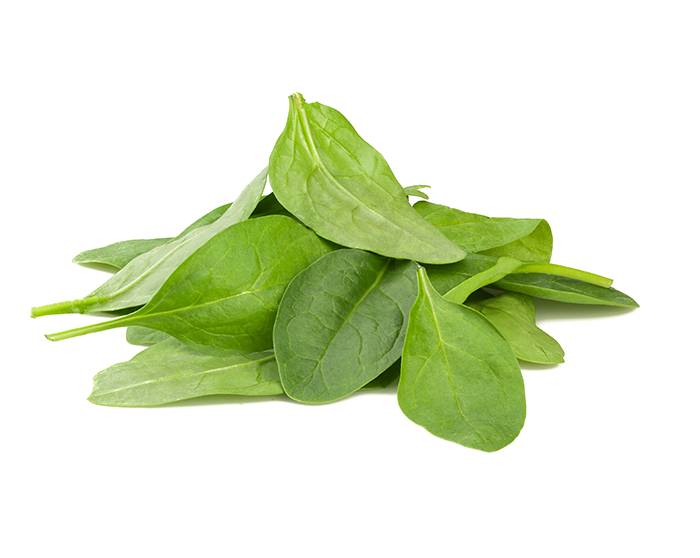
organic spinach
Spinach tastes pleasantly "like vegetables" and has a very slightly bitter note. Spinach is not differentiated according to the variety, but rather according to the harvest time. Mention should be made here of spring spinach (harvest from March to May) and autumn spinach (harvest from September to November). The former is very mild and therefore also tastes particularly good raw, e.g. in the salad. Both types of spinach go well with many dishes, for example pasta, potatoes, in a casserole, as a soup or in a quiche.
organic peas
Freshly harvested peas have a crunchy consistency. Very young peas have a slightly sweet taste. Very ripe peas taste more floury and should therefore be steamed or blanched in salted water beforehand.
